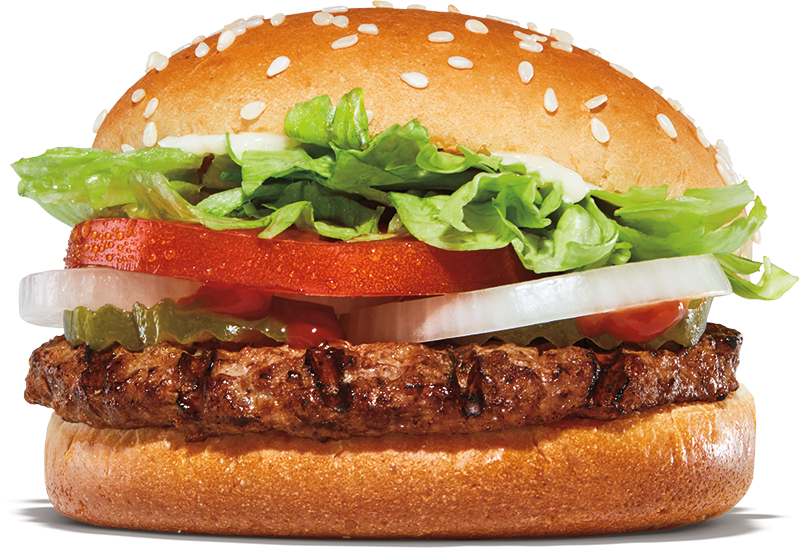McDonald’s E. coli Outbreak Update: Investigation and Actions Taken
Read about the latest update on McDonald’s E. coli outbreak investigation, actions taken, and the impact on public health.


Understanding E. coli O157:H7 and the McDonald’s Outbreak
E. coli O157:H7 is a strain of E. coli bacteria known for causing foodborne illness. In the recent McDonald’s outbreak, the source of contamination is believed to be slivered onions supplied by a Taylor Farms facility in Colorado Springs, Colo. This strain of E. coli can lead to symptoms such as severe stomach cramps, diarrhea (often bloody), and vomiting. It is crucial to understand the severity of this pathogen and the impact it can have on public health.
Actions Taken by McDonald’s
In response to the outbreak, McDonald’s has taken swift actions to address the issue. The company has stopped sourcing onions from the Taylor Farms’ Colorado Springs facility indefinitely. Additionally, Quarter Pounder beef patties, which have been ruled out as a source of contamination, will now be supplied with fresh beef patties in the affected areas. This proactive approach aims to reassure customers and ensure food safety in the impacted regions.
Impact on Public Health and Ongoing Investigations
The public health impact of the E. coli outbreak is significant, with more cases expected to be reported as symptoms may take days to appear. Health officials are closely monitoring individuals who visited McDonald’s locations during the outbreak period. The Centers for Disease Control and Prevention highlight the importance of timely identification of cases and confirmations to prevent further spread and ensure appropriate medical care.
Lessons Learned and Future Food Safety Measures
The McDonald’s E. coli outbreak serves as a critical reminder of the importance of robust food safety measures and supply chain oversight. Companies must continuously evaluate their suppliers and maintain stringent quality controls to prevent such incidents. Moving forward, the industry is likely to witness increased scrutiny and stricter regulations to safeguard consumer health.
